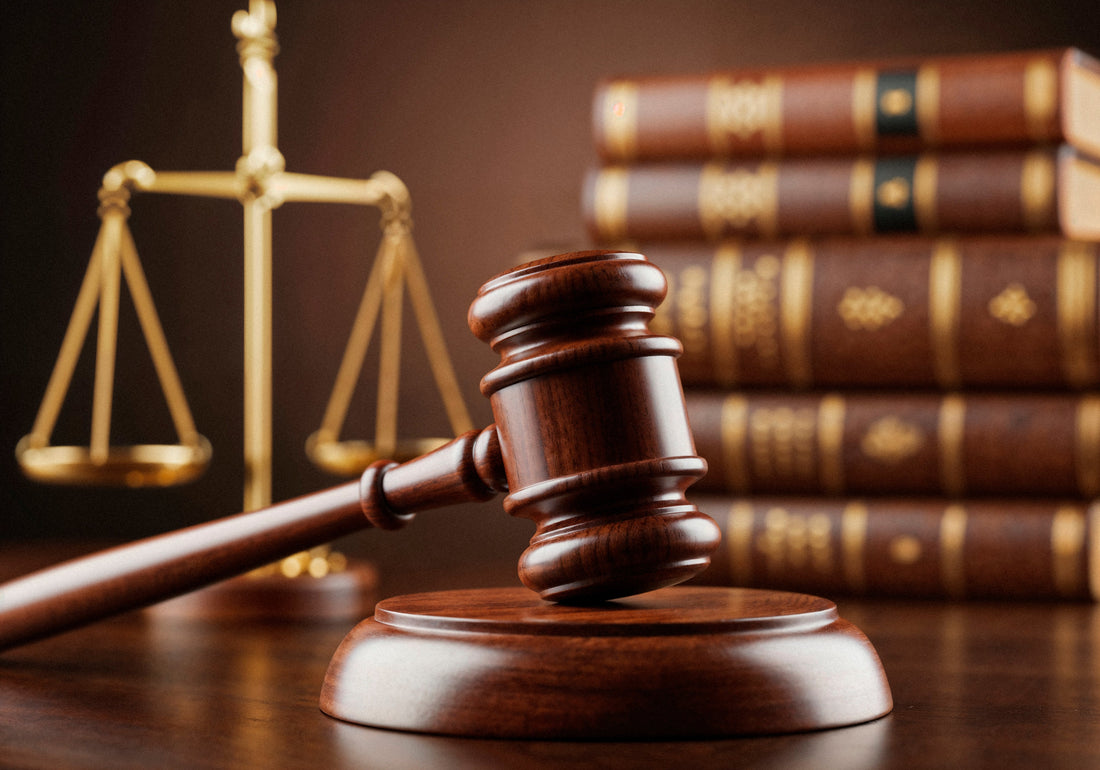
Washington State Cremation Laws – What Families Need to Know
Share
Planning a cremation involves not just emotional decisions but also understanding the Washington state cremation laws that guide the process. Whether you’re preplanning your own arrangements or managing a loved one’s afterlife wishes, knowing the legal framework helps ensure everything is done respectfully and correctly. This guide breaks down how cremation works legally in Washington — from authorization to the scattering of ashes — in simple, human terms.
1. Legal Right to Choose Cremation
In Washington, the right to decide on cremation starts with the individual. According to RCW 68.50.160, every adult has the legal authority to determine how their remains should be handled after death. This includes choosing cremation as the preferred method of disposition.
If no written directions exist, state law outlines who has the next authority to make this decision:
- A surviving spouse or registered domestic partner.
- A majority of surviving adult children.
- The deceased’s parents.
- Adult siblings.
- A court-appointed guardian.
It’s important to know that a general power of attorney becomes void at the time of death — it cannot authorize cremation. Therefore, individuals should prepare a written cremation authorization form, signed and witnessed, to ensure their wishes are legally honored.
2. Paperwork and Required Documents
Before cremation can take place, certain legal documents must be completed. Washington state requires a death certificate to be filed within five business days after death and before the cremation occurs. Typically, the funeral director or crematory handles this step on behalf of the family.
A few other important legal notes:
- Embalming is not required under Washington law. Refrigeration is a valid alternative.
- A cremation authorization form must be signed by the legally authorized person.
- The body must be placed in a rigid container for the cremation process, though a full casket is not required.
- Licensed crematories in Washington follow strict identification and tracking procedures to ensure the correct remains are returned to the family.
Following these legal procedures ensures that the cremation process is both transparent and compliant with Washington’s public health standards.
3. Final Disposition: Understanding What It Means
In Washington state, the term “final disposition” refers to the legal completion of handling human remains — whether through burial, cremation, or other approved methods. Once cremation occurs, the ashes (called cremated remains) are legally treated as personal property.
That means families have several options for final disposition:
- Keeping the ashes at home in an urn or keepsake.
- Burying the urn in a cemetery or columbarium.
- Scattering ashes in accordance with state regulations.
Washington’s RCW 68.50.130 states that cremated remains may be lawfully scattered or placed on private property (with the owner’s consent) or in public areas (with agency approval). This flexibility allows families to choose locations that hold special meaning — from ocean cliffs to garden memorials.
4. Rules for Scattering Ashes in Washington
Many families find comfort in scattering ashes in a favorite spot, but it’s important to understand the rules under Washington state cremation laws:
- Private property: You may scatter ashes if you have the landowner’s permission.
- Public property: Approval from the managing agency (city, county, or state) is required.
- State parks and forests: Some allow scattering with a permit — always contact the park office first.
- Lakes, rivers, or the ocean: Allowed under certain conditions, including compliance with federal EPA “burial at sea” guidelines, which require ashes to be released at least three nautical miles from land.
- National parks: Scattering is possible but requires a permit from the National Park Service.
Ashes are non-toxic and environmentally safe, but you must still respect property rights and follow any local or federal restrictions to avoid penalties.
5. New Options: Human Composting and Water Cremation
Washington was one of the first U.S. states to legalize natural organic reduction (also known as human composting) and alkaline hydrolysis (water-based cremation).
- Natural Organic Reduction (NOR): This process converts the body into nutrient-rich soil using controlled microbial activity. It’s legal under RCW 68.50.110 and regulated by the Department of Licensing.
- Alkaline Hydrolysis: Sometimes called “aquamation,” this process uses a water and alkali solution to dissolve the body, leaving behind ashes similar to traditional cremation.
Both alternatives are recognized under Washington’s legal definition of cremation and are subject to similar authorization and documentation requirements. These eco-friendly options reflect the state’s progressive stance on end-of-life care.
6. Preplanning: Protecting Your Wishes
Preplanning a cremation in Washington ensures your preferences are respected and prevents family disputes later. You can:
- Sign a written declaration stating you want to be cremated.
- Choose a designated agent to authorize cremation after your passing.
- Consider prepaying or arranging services with a licensed funeral home or crematory.
- Keep a copy of your authorization and give one to your next-of-kin.
Remember, wills are often read after final disposition, so it’s better to have a separate cremation authorization form filed with your chosen provider.
7. Costs and Legal Protections
Cremation costs in Washington vary by location and provider, but direct cremation (without ceremony) tends to be the most affordable option. Because Washington does not require embalming or a casket, families can reduce expenses while still complying with the law.
All crematories must be licensed and inspected by the Washington State Department of Licensing, ensuring ethical handling and identification of remains. Always verify that your chosen provider follows Chapter 308-47 WAC regulations for proper operation.
8. Frequently Asked Legal Questions
Can I transport ashes myself?
Yes. Cremated remains can be transported in a sealed container. If traveling by air, check airline policies for handling ashes.
Can I divide ashes among family members?
Yes. Since ashes are treated as personal property, families can share portions in keepsake urns or jewelry.
Are there time limits on cremation after death?
Usually, cremation occurs after completing legal paperwork and the mandatory waiting period (at least 24 hours).
9. Key Takeaways
Understanding Washington state cremation laws ensures your loved one’s final wishes are respected while keeping the process legally sound. Here are the main points to remember:
- Written consent or authorization is mandatory before cremation.
- Embalming is optional — refrigeration is legally acceptable.
- Ashes can be kept, buried, or scattered following property and agency permissions.
- Natural organic reduction and water cremation are legal alternatives.
- Always choose a licensed crematory or funeral home for compliance and peace of mind.
10. Final Thoughts
Cremation laws in Washington balance personal freedom with legal responsibility. By understanding the regulations surrounding authorization, documentation, and ash scattering, families can make informed choices that honor their loved ones respectfully and lawfully.
If you’re considering preplanning, speak with a licensed funeral director or cremation provider who understands Washington’s current laws. Taking the time to prepare today can bring comfort and clarity tomorrow — ensuring every step of the journey is handled with dignity and care.
Read More Related Article -
Understanding the Different Types of Funeral Traditions in US: A Journey Through American Farewells
Who Has the Right to Ashes After Cremation? Understanding Legal and Emotional Aspects
